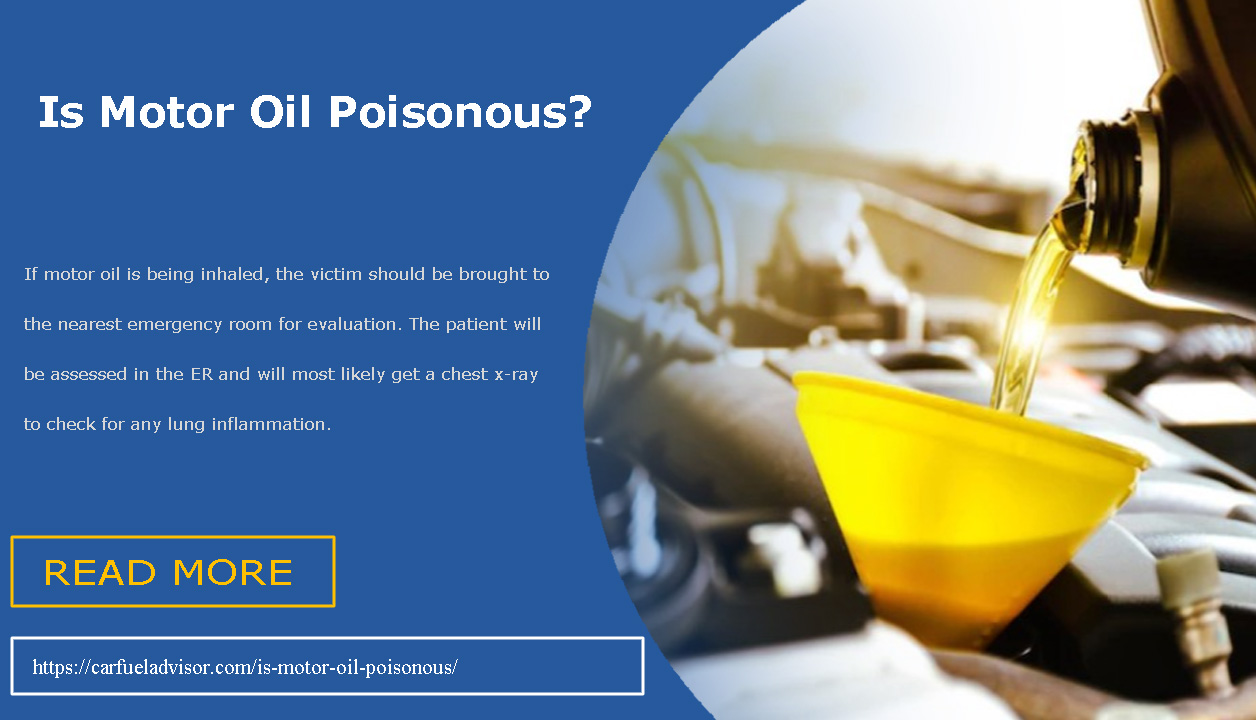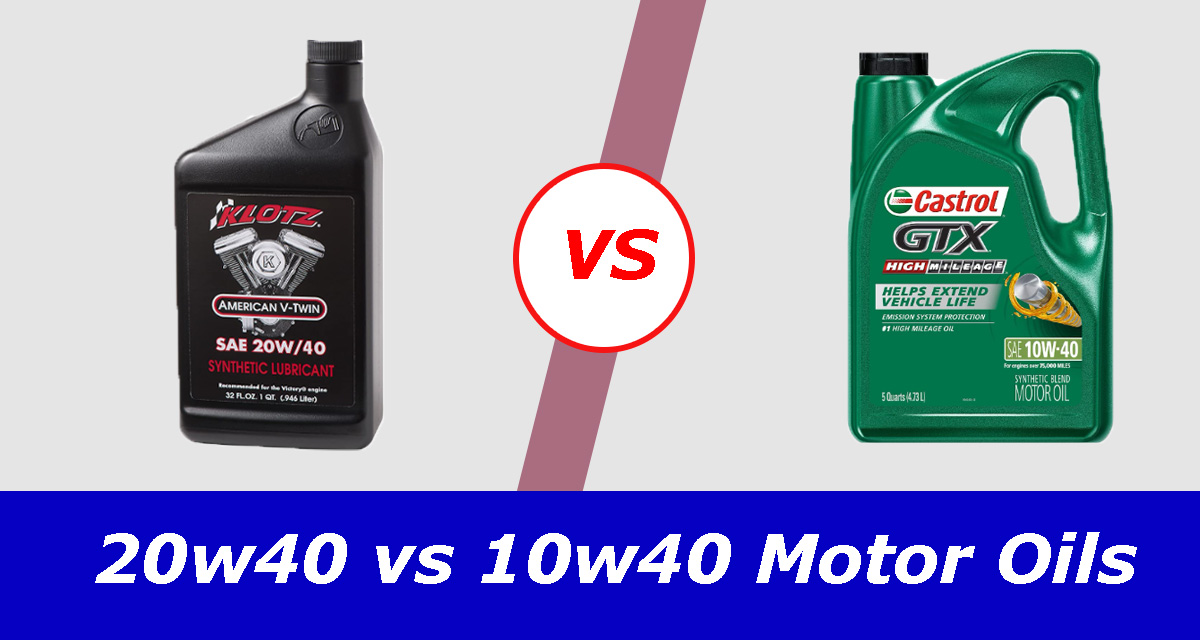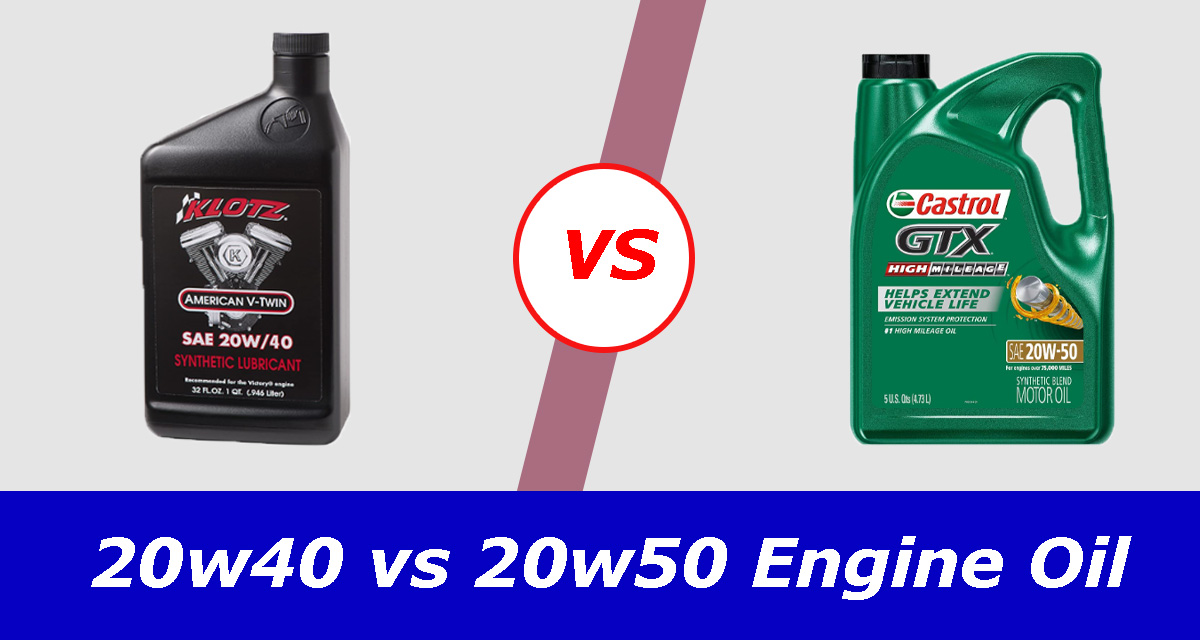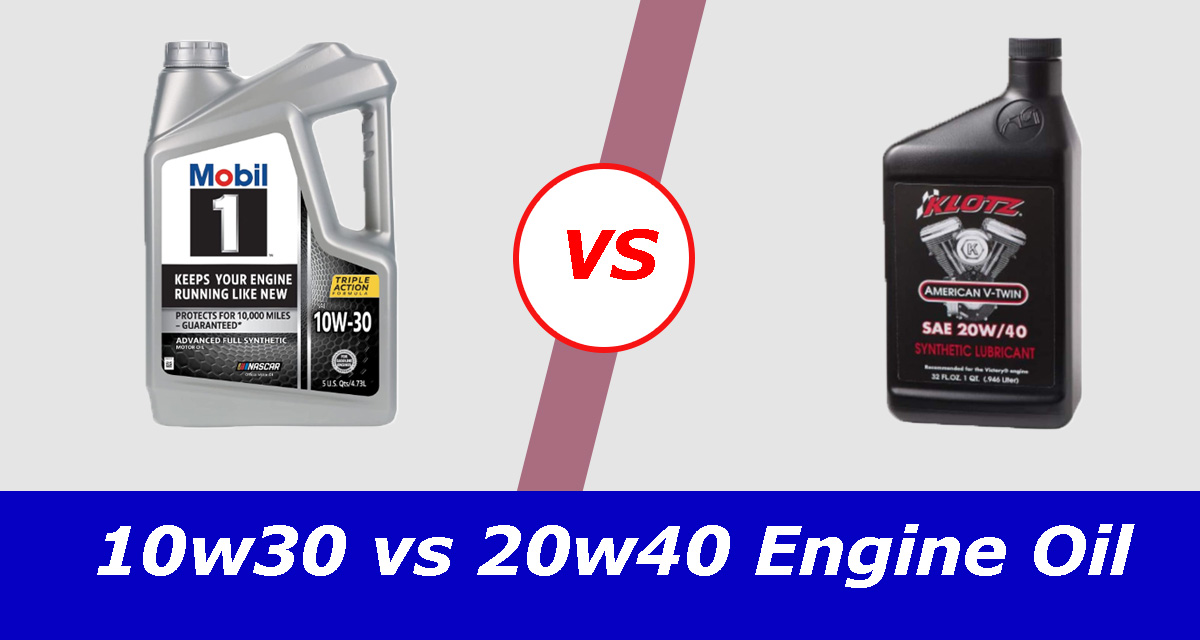You’ll probably see strict warnings on the motor oil container’s back, noting that drinking motor oil can be harmful. This is correct! However, the physical qualities of motor oil, rather than its chemical makeup, explain why this is true.
It’s self-evident that motor oil is not a healthy beverage to consume. But how horrible is it exactly? Is motor oil poisonous? What comes if you take a sip of it? What can you do to avoid it?
Let’s have a look.
How Can I Safely Change My Engine Oil?
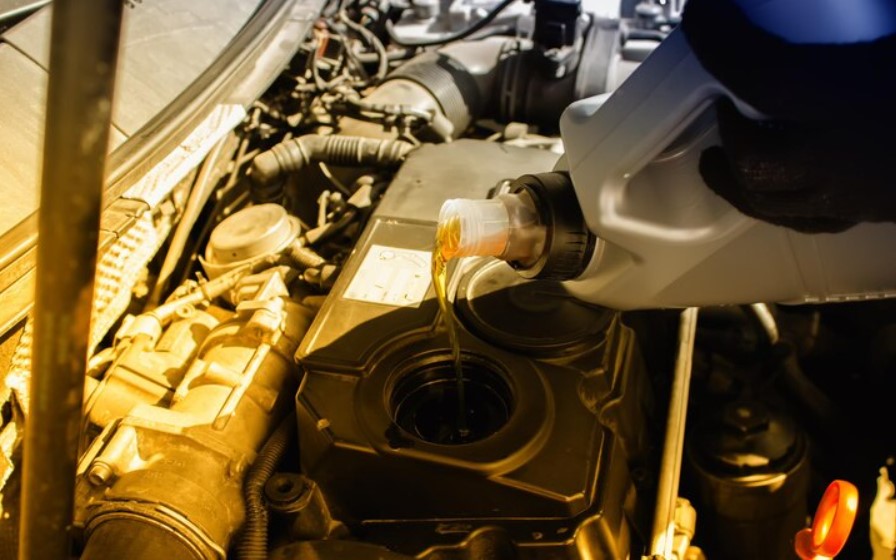
The thought of completing maintenance, even a seemingly basic chore like an oil change, can be intimidating, if not impossible.
Changing your own oil, on the other hand, can be more efficient and cost-effective than taking your car to a local express lube store. However, it can be harmful in the meantime.
So, to avoid any dangers, take the steps listed below.
- One must use Gloves & Eye Protection at all times.
- Engine oil is dangerous; therefore, keep it out of reach of children.
- Allow the motor some time to cool down to room temperature before beginning to prevent the risk of blistering from the hot engine oil.
- While releasing the oil drain plug with your fingertips, stay as far away as possible.
- To avoid having hot oil pouring down your arm, position your forearm parallel to the ground.
- Pour the oil into a vessel made specifically for this. It should also be big enough to hold at least your engine’s whole amount of oil.
- Preserving oil in empty food and beverage containers is never a good idea. Someone may unintentionally drink from them (imagine oil in a coffee mug) and become poisoned.
- Choose an oil that has been approved specifically for your vehicle.
- Check the oil level and look for leaks after refilling.
NOTE: Having the process conducted by a qualified and certified service center is the safest option.
What Happens If You Drink Motor Oil?
- Loose stools or diarrhea
- Coughing
- Vomiting
- Lungs inflammation
Is Motor Oil Bad for Your Skin?

It is obvious that motor oil, both new and used, is toxic to both the ecosystem and individuals. Motor oil, like all hydrocarbons, can cause skin defatting.
Defatting is the process of dissolving oils and fats in the skin, which can result in skin pain, irritation, or edema following direct contact. Regular exposure to motor oil or used motor oil can also cause skin rashes, blood anemia, dermatitis, tremors, headaches, and skin cancer.
When dealing with oils, the only method to limit exposure is to wear gloves. If you ever get motor oil on your skin, wash it off as soon as possible with soap and water. To relieve the dryness, apply a little lotion.
NOTE: Serious conditions of defatting may necessitate surgical treatment.
FAQs About Is Motor Oil Poisonous?
Is motor oil harmful to the eyes?
When you are working under your car, and there’s an oil leak, take care not to get motor oil in your eyes(s).
Since ‘Low Hazard’ is the classification for motor oil, there will be no long-term consequences in troubles like this. The best treatment is to flush your eyes for 10-15 minutes, making sure they are completely clear.
When servicing the car, safety glasses are required.
NB: Consider the possibility of discomfort and redness.
What to do when you drink motor oil?
The only symptom that should be expected when a small bit of motor oil is consumed is a laxative effect. This form of exposure can be safely monitored from the comfort of one’s own home.
If motor oil is being inhaled, the victim should be brought to the nearest emergency room for evaluation. The patient will be assessed in the ER and will most likely get a chest x-ray to check for any lung inflammation.
Final Notes
So, is motor oil poisonous? The bottom line is that if an individual consumes, breathes in (inhales), or touches gasoline oil, they can become contaminated. And now that you’re aware, hope all the information from this article will assist you in keeping yourself and your family safe.
Regardless, note that this article is solely for educational purposes. It should not be used to treat or manage serious poisoning.
If you or someone you’re with has been exposed to something poisonous, contact your local emergency number (such as 911) or a poison center.

